Electric cars vs petrol car
Given the recent surge in living expenses and soaring fuel costs, many of us are actively seeking avenues to cut down on expenditures. Notably, opting for an electric vehicle appears to be a particularly promising approach.
According to a recent study conducted by Compare the Market, making the switch to an electric car could result in an average annual saving of nearly €600 when compared to driving a petrol vehicle. The research delved into the expenses associated with both electric and petrol cars over a span of 12 months, factoring in considerations such as insurance premiums, fuel expenditures, and road tax fees.
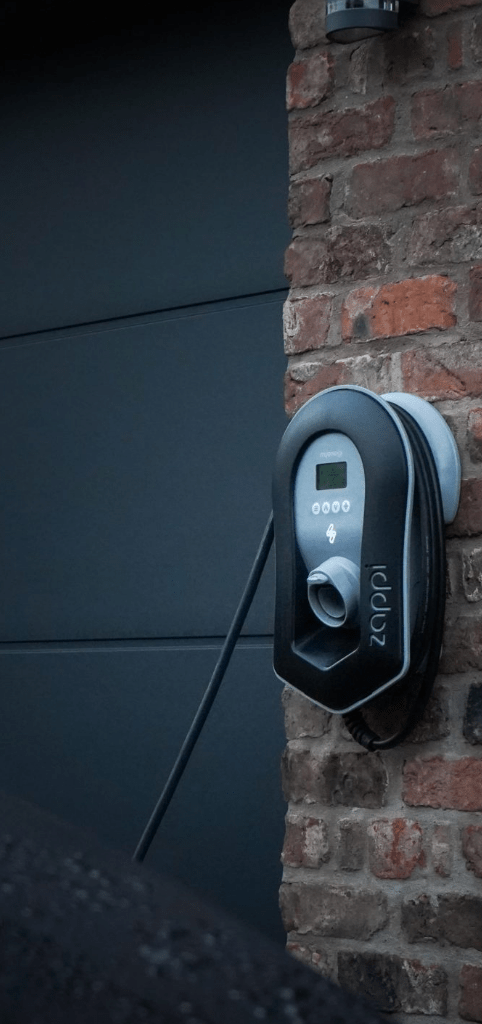
Save €600 a year by purchasing an EV
The study revealed a substantial cost advantage for electric cars, showing an average saving of €579 compared to petrol vehicles. When all expenses are considered, the average annual running cost for an electric car totals €1,264, significantly lower than the €1,843 for a petrol car. This analysis was based on the typical annual mileage of motorists (7,000 km) and fuel prices set at €1.62 per litre for petrol or 28p per kWh for electricity.
Recent escalations in fuel prices have propelled the overall ownership costs of petrol cars upwards by over €300, while electric car ownership has seen a comparatively modest increase of €137 since 2021—a noteworthy disparity.
In terms of fuel expenses, the average annual outlay for refuelling a petrol car has surged to €943, marking a €221 escalation from the previous year. Conversely, the average annual cost of charging an electric car stands at €519—a €137 increase from last year.
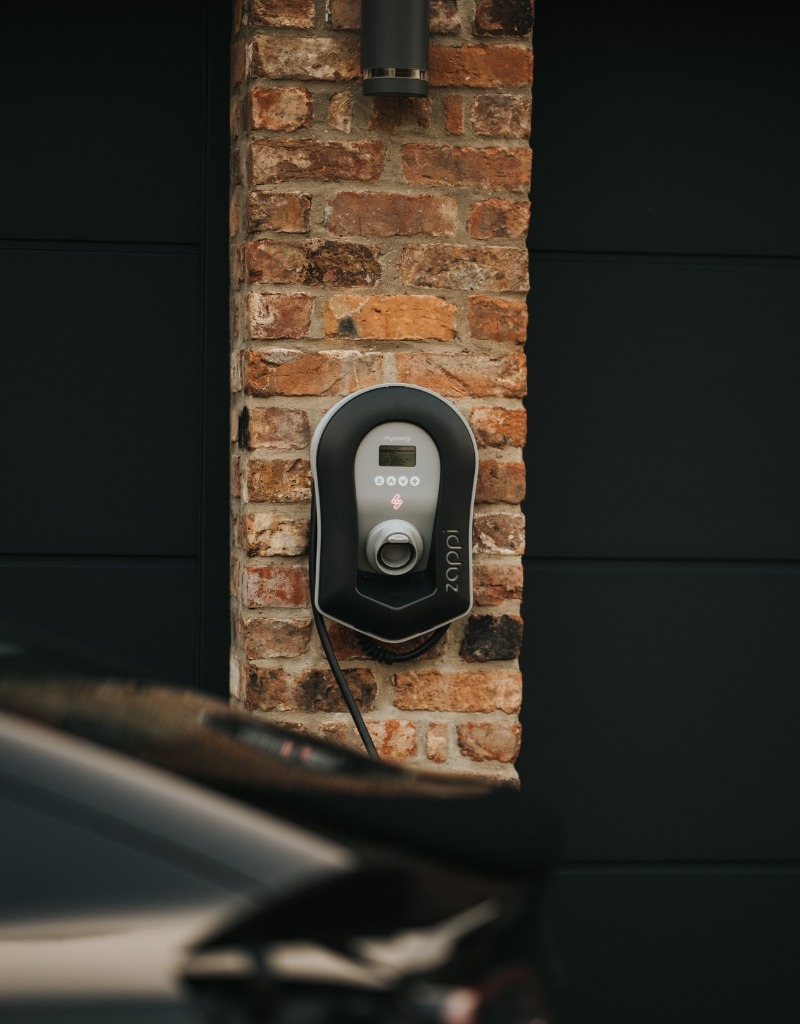
Are electric cars cheaper to buy?
While petrol cars may presently offer a lower upfront cost, industry experts anticipate a gradual decline in the price of electric vehicles as demand continues to soar and technology continues to advance.
Various factors beyond just the initial purchase price should always be taken into consideration when looking to switch vehicle, these factors include:
- Your anticipated usage of the car
- The frequency of long-distance driving
- Accessibility to charging stations
- Insurance costs
- Service and maintenance expenses
Although the listed prices of electric vehicles have begun to decrease, they often remain more expensive than petrol or diesel cars of similar size. This discrepancy can be attributed to higher manufacturing costs and relatively lower production volumes. On average, the up front cost of an EV is around 15-20% more than the petrol or diesel equivalent, however when taking into account the full cost of the vehicle each year, financing arrangements and other financial considerations, the cost of an EV might not be as high as you think.
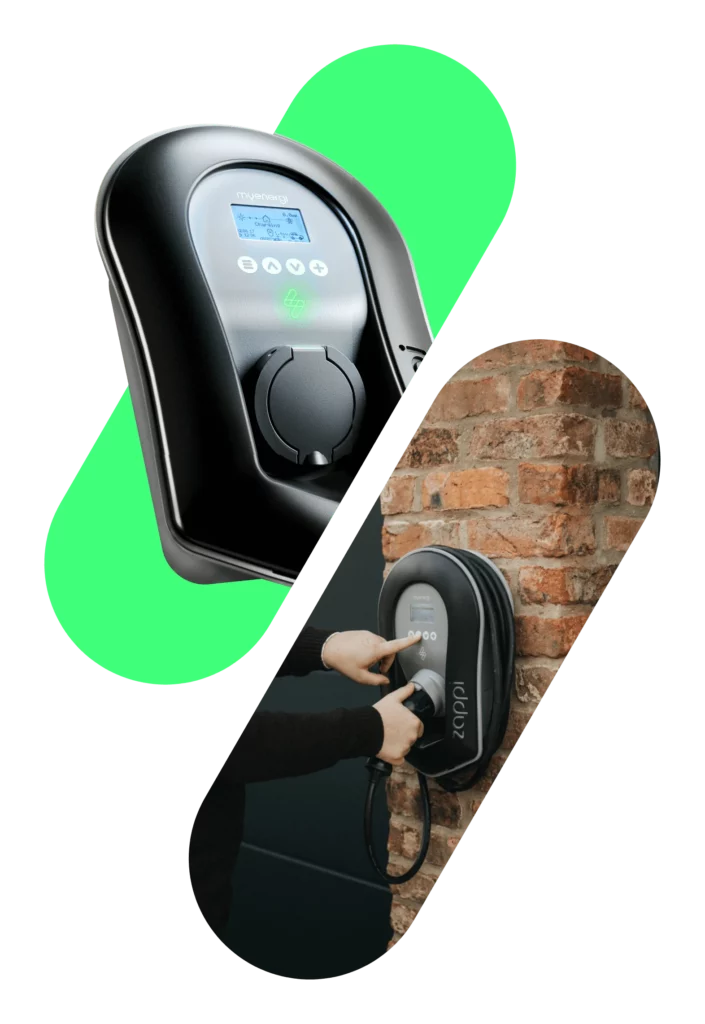
How much does it cost to run an electric car?
Running an electric car can be significantly cheaper than fueling a petrol or diesel vehicle, especially if you primarily charge your car’s battery at home. Over the lifespan of your car, this cost differential can potentially result in substantial savings, helping to offset the initial higher purchase price of an electric vehicle.
Opting for a tariff that offers discounted rates during off-peak hours can further enhance these savings, particularly if you charge your car overnight.
It’s worth noting that rapid public charging points tend to be more expensive, and VAT is charged at a higher rate of 20% on electricity from public chargers compared to the reduced 5% rate for home charging.
If you intend to charge your vehicle at home, it’s essential to consider the installation of a charging point. There are also Government grants available such as the SEAI EV charger grant which discounts your EV charger installation by €300 in Ireland.
Average charging costs of an EV
Here are the typical charging costs for an electric car with a 60kWh battery and approximately a 200-km range:
- Home charging: Approximately €18 for a full charge.*
- Work charging: Many employers provide workplace charging points, often offering free access throughout the day.
- Public locations: Charging points at supermarkets or car parks may offer free use for the duration of your stay.
- Rapid charging: Roughly €225 for a 30-minute charge, providing approximately 90 miles of range.**
Costs are calculated at 32p/kWh based on a usable battery capacity of approximately 54kWh (90%).
** Assumes charging at 50kW, achieving 3.5 km per kWh, and a tariff of 73p/kWh.
It’s worth noting that some electricity providers offer tariffs with off-peak prices, which could be advantageous for electric vehicle owners seeking to lower their energy bills.
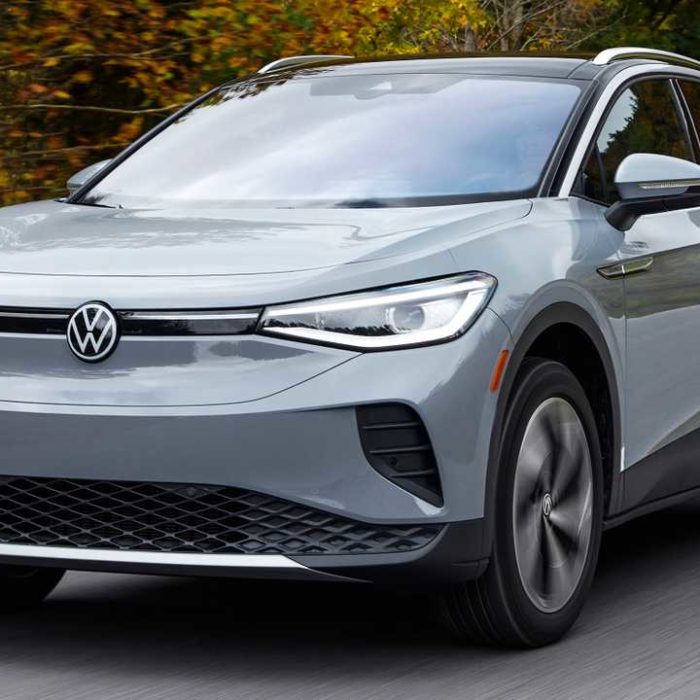
So is it cheaper to buy an electric car or petrol?
When comparing the costs of buying and running an electric car (EV) versus a petrol car, several factors come into play:
Initial Purchase Cost: It’s typically more expensive to buy an EV outright compared to a petrol car of similar size and specifications.
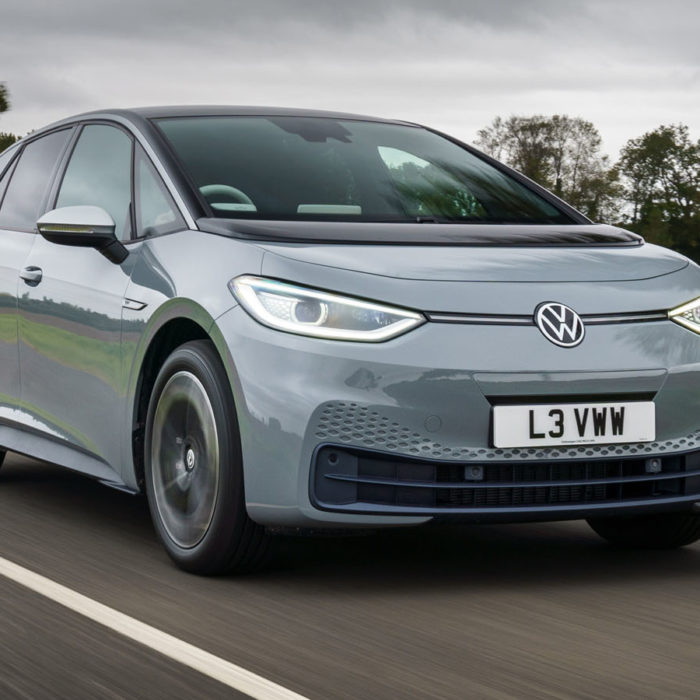
Running Costs: Running an EV tends to be cheaper due to lower fuel expenses. Charging an EV at home is often more economical than purchasing petrol or diesel. Additionally, EVs usually require less maintenance, which can further reduce running costs.
Taxation: Taxing an EV is generally cheaper or even free in some regions compared to petrol cars, resulting in additional savings for EV owners.
Insurance: However, insurance premiums for EVs can be higher than those for petrol cars, which can offset some of the savings in other areas.
Overall, while the initial purchase cost of an EV may be higher, the lower running costs and potentially reduced taxation can make them slightly cheaper to own and operate over time. On average, this can translate to savings of around €600 per year. Therefore, while EVs may not be drastically cheaper upfront, they do offer long-term cost advantages that make them a viable and increasingly popular choice for many consumers.
Looking for more information on the cost of running and purchasing an EV?
Contact our friendly and knowledgeable team today!

 libbi
libbi